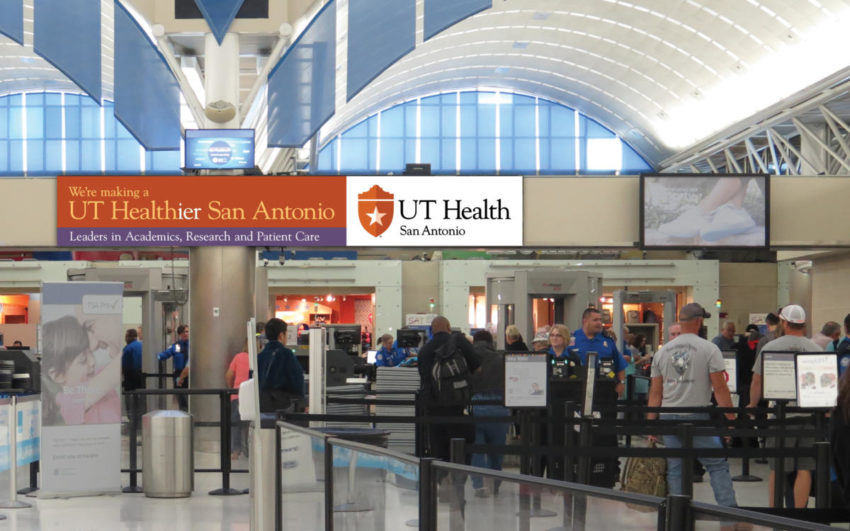By Chris Fuglestad, MFS, Office of International Services
UT Health San Antonio international business will be considered again starting July 1. International business travel plays an integral role in the university’s mission to make lives better, and for many faculty members, the coronavirus pandemic brought international collaboration to an abrupt halt.
But for Gabriel de Erausquin, MD, PhD, MSc, a Zachry Foundation Distinguished Professor of Neurology and a key member of the Glenn Biggs Institute for Alzheimer’s and Neurodegenerative Diseases, travel remained essential.
Dr. de Erausquin is a renowned neurologist and psychiatrist who focuses his research on how complex genetics contribute to the mechanisms of cell death in the brain. In February 2020, Dr. de Erausquin was in India working with colleagues at the World Health Organization on a consortium project called the Schedules of Clinical Assessment in Neuropsychiatry (SCAN), with the purpose of maintaining a universal tool that allows patients with brain disorders to be evaluated across languages and cultures.
With the onset of the coronavirus, his research suddenly shifted to understanding the chronic consequences of COVID-19 on the brain.
“I had experience working with viruses in the past and had a worry that spread would happen, so we started preparing very early,” Dr. de Erausquin said.
Shortly after returning from India, world travel was effectively shut down, and UT Health San Antonio placed a ban on university-sponsored travel. However, it became clear that Dr. de Erausquin’s work with WHO could not wait, and he was granted an exception to the travel ban with presidential approval, he said.
In October 2020, Dr. de Erausquin traveled to the United Kingdom to complete the newest version of SCAN to ensure its crucial use for COVID-19 studies. Later in 2020 and again in early 2021, he traveled to Argentina for data collection, including patient interviews and collecting blood samples.
“Travel was interesting,” Dr. de Erausquin said of his experience. “Planes were virtually empty at the peak of the pandemic. Airports were dreary, you were pretty much walking by yourself.”
Negative PCR tests were required prior to boarding flights abroad and before returning to the United States, and it was difficult to wear a mask for over 14 hours. But the most striking aspect of travel was how uniform the measures were across nations, he noted.
Although the precautions were time-consuming and tedious, all that travel paid off. The efforts of this globally collaborative work resulted in a highly effective instrument to measure the effects of COVID-19.
“A strong international consortium was developed, allowing us to use methods developed throughout the context of the consortium for at least the next five years,” Dr. de Erausquin added. The findings from the consortium were also recently published in Alzheimer’s & Dementia.


